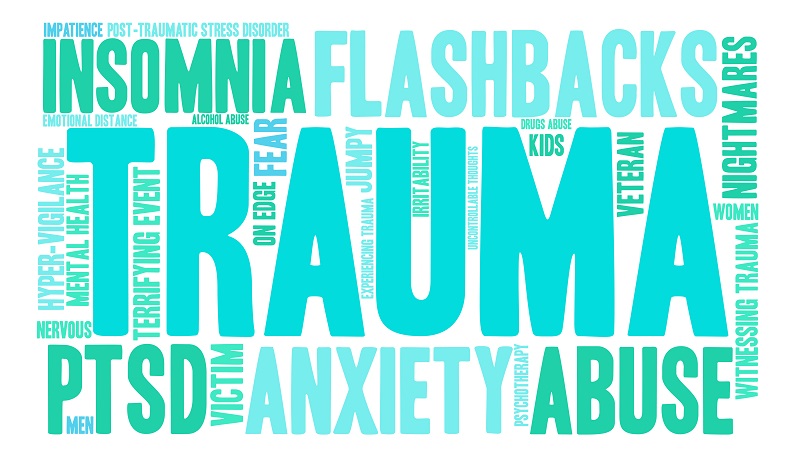Individual Counseling Helps Different Types Of Trauma
 Individual counseling is available at Take Charge, Inc. to help you learn to identify and recover from various types of trauma. Rates of anxiety, depression, PTSD, and addiction are currently skyrocketing. We are experiencing high rates of trauma, adverse childhood experiences, and chronic stress leading to nervous system dysregulation. Within the last year, we have all collectively experienced the pandemic, racially driven social pain, capital insurrection, economic downturn, and mass shootings, all of which have changed our nervous systems.
Individual counseling is available at Take Charge, Inc. to help you learn to identify and recover from various types of trauma. Rates of anxiety, depression, PTSD, and addiction are currently skyrocketing. We are experiencing high rates of trauma, adverse childhood experiences, and chronic stress leading to nervous system dysregulation. Within the last year, we have all collectively experienced the pandemic, racially driven social pain, capital insurrection, economic downturn, and mass shootings, all of which have changed our nervous systems.
Trauma And Individual Counseling
“Trauma is an event, series of events, or set of circumstances experienced by an individual as physically or emotionally harmful or life-threatening with lasting adverse effects on the individual’s functioning and mental, physical, social, emotional, or spiritual well-being.” (SAMHSA)
It is critical to understand how trauma impacts us and address it in individual counseling. Trauma is not an event, but an experience. It is a response to a difficult incident or period of time. We often develop maladaptive strategies to regulate, cope, and bring relief by using drugs, alcohol, food, work, and sex. These strategies are often a way to numb difficult nervous system dysregulation.
Categories And Examples Of Trauma
Here we will discuss different types and examples of trauma. Most people will recognize one or more examples they have experienced. We are learning more about trauma and how essential it is to treat in individual counseling.
Acute Trauma
Single-incident traumas are unexpected and come out of the blue. They can be referred to as shock or acute trauma.
Examples might include:
- Severe illness or injury
- Violent/sexual assault
- Traumatic loss
- Witnessing a terrorist attack
- Witnessing a natural disaster
- Road accident
- Military combat incident
- Psychiatric hospitalisation
- Medical trauma
- Post suicide attempt trauma
- Life threatening illness or diagnosis
Historical, Collective, or Intergenerational Trauma
This trauma is characterized by psychological or emotional difficulties which can affect different communities, cultural groups and generations. Adaptive coping patterns can be passed down genetically for at least three generations. It is critical to address these patterns in individual counseling to stop the cycle.
Examples might include:
- Racism
- Slavery
- Genocide
- War
- 9-11
- Recession
- Mass shootings
- Pandemic
Vicarious or Secondary Trauma
This type of trauma can occur when someone speaks to someone who has experienced a trauma or witnessed a trauma first hand. The person listening can experience secondary trauma and experience symptoms experienced by the person explaining the trauma.
Examples of people this could happen to might include helping professionals such as:
- Therapists
- Child abuse workers
- Health care providers
- Animal shelter workers
- Spiritual leaders
Complex/Developmental/Relationship Trauma
This type is repeated trauma, rather than a single event. Developmental trauma describes how children’s exposure to multiple or prolonged traumatic events impacts ongoing development. Typically, complex trauma exposure involves the simultaneous or sequential occurrence of detrimental events.
Examples might include:
- Verbal, emotional, physical, or sexual abuse
- Domestic violence
- Emotional neglect and attachment trauma
- Abandonment
- Coercion
- Long term misdiagnosis of a health problem
- Bullying at home at school or in a work setting
- Overly strict upbringing, sometimes religious
For more information about individual counseling and trauma informed therapy, call Take Charge, Inc. at (913) 239-8255.
E-News Signup
Increase your emotional intelligence by signing up for the brief monthly eNews with Terri’s emotional intelligence tips and info.
FORM WILL GO HERE...
